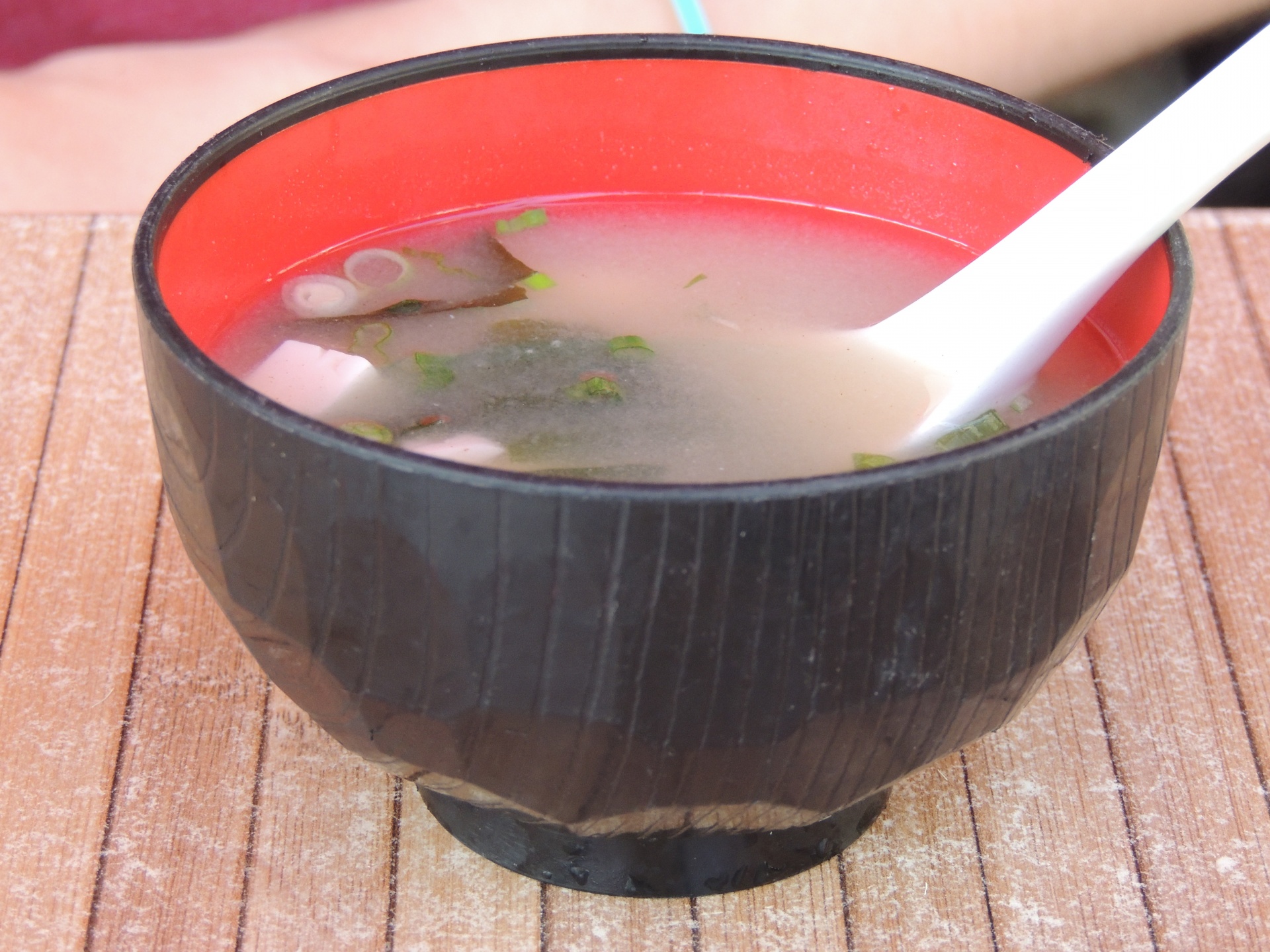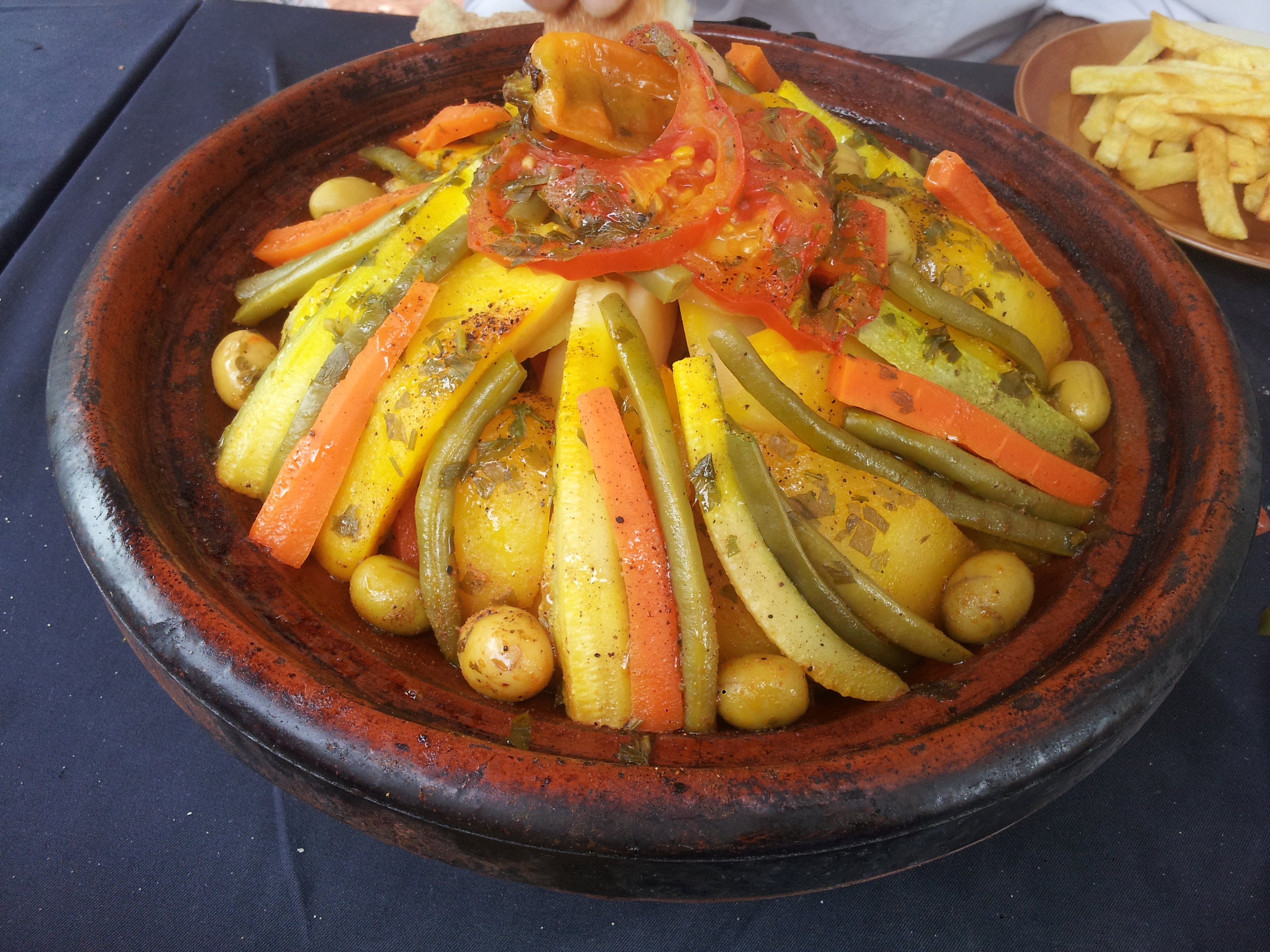Introduction:
Nigerian Egusi Soup is a rich and flavorful dish that is a staple in Nigerian cuisine. This soup is made with melon seeds (egusi), assorted meats, and vegetables, creating a delicious and hearty meal that is perfect for any occasion. In this post, I will guide you through the process of making this traditional Nigerian dish so you can enjoy its unique flavors and aromas right in your own kitchen.
Origin and History Of This Recipe:
The origin of Egusi Soup can be traced back to the indigenous tribes of Nigeria, where melon seeds have been used for centuries in cooking. Egusi seeds are ground and used as a thickening agent in soups and stews, adding a nutty flavor and creamy texture to the dish. This soup is popular across West Africa and is often prepared for special occasions and celebrations.
Things To Expect In This Post Article:
In this post, I will provide you with a detailed recipe for making Nigerian Egusi Soup, including a list of ingredients, step-by-step instructions, cooking time, servings, nutritional information, health considerations, and tips for enhancing the dish. I will also share some personal insights and variations to make this recipe your own.
Ingredients List:
- 1 cup ground egusi seeds
- 2 cups assorted meats (beef, tripe, and cow’s feet)
- 1 cup chopped vegetables (spinach, pumpkin leaves, or bitter leaf)
- 2 tablespoons palm oil
- 1 onion, chopped
- 3 cloves of garlic, minced
- 1 tablespoon ground crayfish
- 2 scotch bonnet peppers, chopped
- Salt and pepper to taste
Preparation Steps:
- In a large pot, heat the palm oil over medium heat.
- Add the chopped onion, garlic, and scotch bonnet peppers, and sauté until fragrant.
- Add the assorted meats and cook until browned.
- Stir in the ground egusi seeds and cook for 5 minutes, stirring constantly to prevent lumps.
- Add water to cover the ingredients, bring to a boil, then reduce heat and simmer for 30 minutes.
- Add the chopped vegetables, ground crayfish, salt, and pepper, and simmer for an additional 10 minutes.
- Adjust seasoning to taste and serve hot with fufu or rice.
Cooking Time & Servings:
This recipe takes approximately 1 hour to prepare and serves 4-6 people.
Personal Touch:
Growing up in Nigeria, Egusi Soup was always a favorite dish in my household. The rich and savory flavors of this soup bring back memories of family gatherings and celebrations. I hope you enjoy making this recipe as much as I do.
Nutritional Information:
Per serving: calories, protein, carbohydrates, fat, fiber, vitamins, and minerals
Health Conditions And People To Avoid This:
People with nut allergies, seed allergies or certain dietary restrictions should avoid Egusi Soup due to its high nut and seed content. Additionally, individuals with kidney disease or gout should limit their consumption of this dish due to its high protein content.
Nutrition and Benefits To The Body:
Egusi Soup is rich in protein, iron, fiber, and essential vitamins and minerals. Protein helps build and repair tissue, iron aids in oxygen transport, and fiber promotes healthy digestion. The vitamins and minerals in this dish contribute to overall health and well-being.
Disadvantages:
While Egusi Soup provides essential nutrients, consuming it in excess can lead to weight gain, high cholesterol, and other health issues. Eating in moderation is key to enjoying this dish without negative effects.
Tips and Tricks:
- Toast the egusi seeds before grinding for a richer flavor.
- Use a combination of meats for a more flavorful soup.
- Add smoked fish or prawns for an extra layer of taste.
Equipment Needed:
- Large pot
- Wooden spoon
- Knife
- Cutting board
- Measuring cups and spoons
Variations or Substitutions:
- Substitute pumpkin seeds for egusi seeds
- Use shrimp or chicken instead of assorted meats
- Include okra or bell peppers for added texture
Serving Suggestions:
Serve Egusi Soup with fufu, rice, or pounded yam for a complete and satisfying meal. Garnish with fresh herbs or sliced vegetables for a pop of color and flavor.
Storage and Reheating Instructions:
Store leftover Egusi Soup in an airtight container in the refrigerator for up to 3 days. Reheat in a pot over low heat until heated through, stirring occasionally to prevent burning.
Conclusion:
I hope this recipe inspires you to try making Nigerian Egusi Soup at home and experience the bold and vibrant flavors of West African cuisine. Feel free to adapt this recipe to suit your taste preferences and dietary needs. Share your creations with friends and family, and enjoy the delicious tastes of Nigeria.
Frequently Asked Questions (FAQs):
Q: Can I use canned egusi seeds instead of grinding my own?
A: Yes, you can use canned egusi seeds, but grinding fresh seeds will yield a more flavorful soup.
Q: What is the best meat to use in Egusi Soup?
A: Assorted meats such as beef, tripe, and cow’s feet are commonly used in Egusi Soup for a rich and hearty flavor.
Q: Can I make a vegetarian version of Egusi Soup?
A: Yes, you can omit the meats and use vegetable broth for a vegetarian-friendly version of this dish.
Q: How spicy is Egusi Soup?
A: The spiciness of Egusi Soup can be adjusted by adding more or less scotch bonnet peppers according to your preference.
Q: Can I freeze Egusi Soup for later use?
A: Yes, you can freeze Egusi Soup in an airtight container for up to 3 months. Thaw in the refrigerator before reheating.
Q: What vegetables can I use in Egusi Soup?
A: Spinach, pumpkin leaves, and bitter leaf are popular choices for adding greens to Egusi Soup. Feel free to experiment with other vegetables for variety.
Q: How can I make Egusi Soup thicker?
A: To thicken Egusi Soup, add more ground egusi seeds or cook it longer to allow the seeds to absorb more liquid and thicken the soup.
Q: What is the best way to store leftover Egusi Soup?
A: Store leftover Egusi Soup in an airtight container in the refrigerator to maintain freshness and prevent spoilage.
Remember to enjoy the process of making Nigerian Egusi Soup and share your experiences with others to spread the love of this delicious West African dish.




















